Toyota has revealed its new generation Yaris World Rally Car and confirmed its drivers for the 2017 World Rally Championship which starts in Monte Carlo next month.
Toyota’s return to the elite rallying championship after an absence of 17 years will be led by experienced drivers Jari-Matti Latvala and Juho Hänninen. They will compete in two Yaris WRCs powered by 1.6-litre direct-injection turbo engines producing more than 279kW (380ps).
Lead driver Latvala – a three-time runner-up in the WRC alongside co-driver Miikka Anttila – has invaluable experience with 169 starts and 16 WRC victories under his belt. “I started my rally career in a Toyota Corolla GT back in 2001 and my first competitive outing in a World Rally Car was behind the wheel of a Corolla WRC in 2003 in Estonia; so, in many ways, it feels like I’m coming home,” Latvala said. “I’m really happy to join the TOYOTA GAZOO Racing WRC team from the very start and lead this new adventure with them. I feel lucky to be part of this story and I hope we will amass a lot of victories in it,” he said.
Second driver Juho Hänninen, who has taken part in the development of the Yaris WRC from its very first outing, will be joined by co-driver Kaj Lindström who first competed in the WRC in 1996.
Finn Esapekka Lappi, the recently crowned WRC2 champion, will join the team through the season as a test driver.
Toyota believes the WRC, which is the pinnacle of rallying, will contribute to making “ever-better cars” because it provides new challenges and opportunities to further develop its people, explore new technologies and experience various road conditions around the world. Team chairman and global Toyota president Akio Toyoda said participating in the WRC would enable Toyota to train and strengthen its people and cars. “Because they involve competition on all types of roads, rallies are the optimal stage on which to hone the capabilities of both people and cars,” Mr Toyoda said. “Toyota has not been seen on that stage for a long time, but I’m truly happy that we’re back.”
Mr Toyoda paid tribute to the people who created a strong bond between rally and Toyota over an extended period and etched that bond into people’s memory. These included the late Ove Andersson, who launched and led Toyota’s team in the 1970s; the late Björn Waldegård, who catapulted Toyota to fame in WRC in the 1980s; and Carlos Sainz, Juha Kankkunen and Didier Auriol, who captured drivers’ championships for Toyota in the 1990s.
The Yaris WRC has been built and developed by a team of experienced engineers who have taken advantage of the aerodynamic freedom allowed by the regulations to create an impressive design. Team principal and four-time WRC champion Tommi Mäkinen said: “The Yaris WRC is a well-designed car with incredible potential. The new regulations allow for much greater freedom in terms of development. “Although we have yet to explore all the possibilities, we can say that the car is reliable and quick. I really can’t wait to see the results in racing conditions.”
TOYOTA YARIS WRC SPECIFICATIONS
Engine
Type: In-line 4-cylinder turbo, direct injection
Displacement: 1,600cc
Maximum power: Over 380 PS (279kW)
Maximum torque: Over 425Nm
Bore / stroke: 83.8mm / 72.5mm
Air restrictor: 36mm, following FIA regulations
Power transmission
Gearbox: 6 Speed hydraulic shift
Gearbox final drive: 4 wheel drive, 2 x mechanical differentials, active centre differential with torque split options
Clutch: Double plate sintered clutch
Chassis/suspension
Front/rear: MacPherson
Suspension travel: Classified
Steering: Hydraulic rack and pinion
Braking system: Gravel 300mm air and liquid cooled; Tarmac 370mm air and liquid cooled
Dimensions and weight
Length / width / height: 4085mm (inc aero device) / 1,875mm / adjustable
Track width: Adjustable
Wheelbase: 2,511mm
Minimum weight: 1,190kg
Performance
Acceleration: Classified
Top speed: 201km/h (ratio specific)





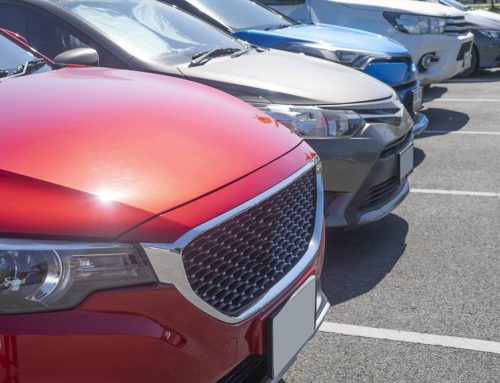
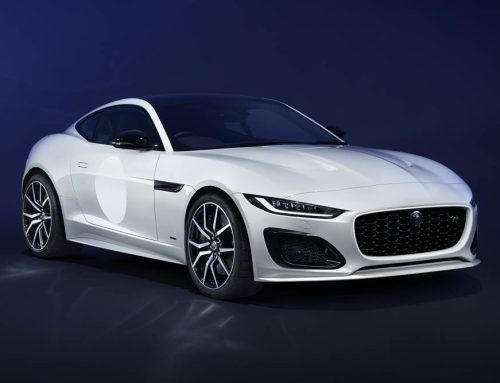
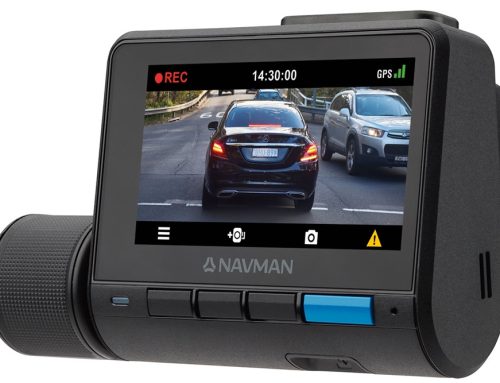
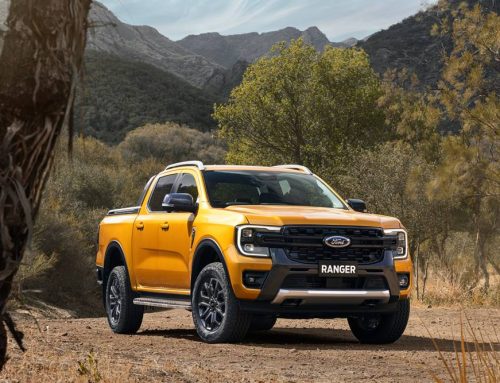
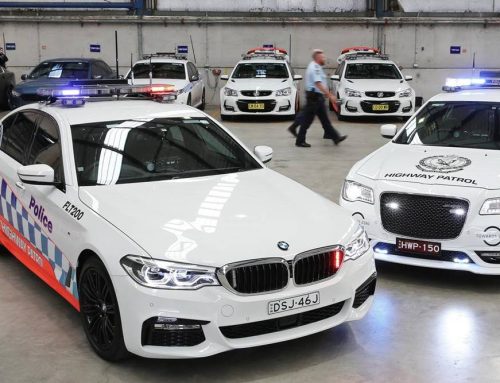
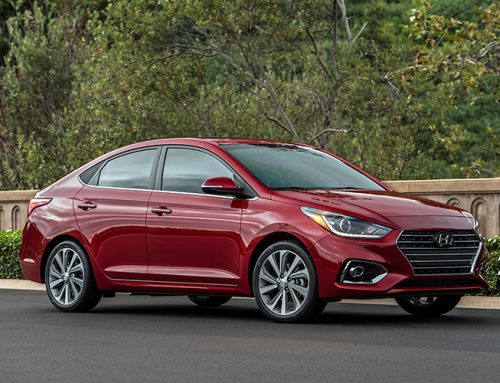
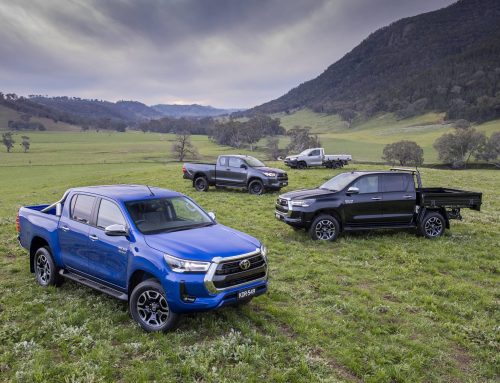
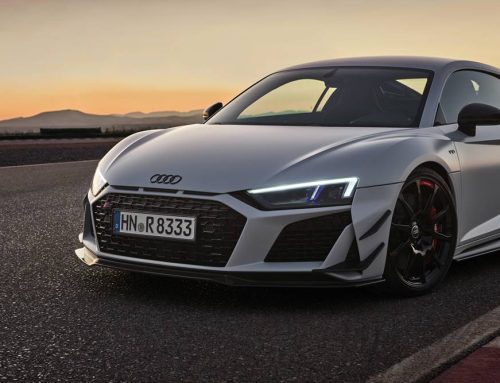
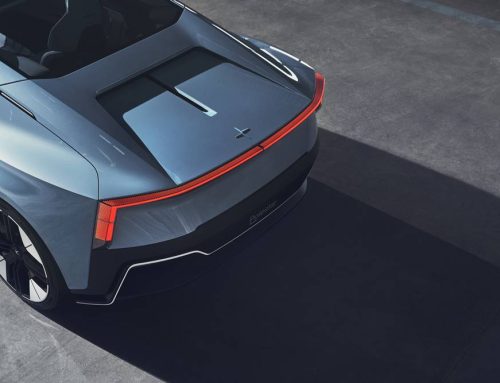

Leave a Reply